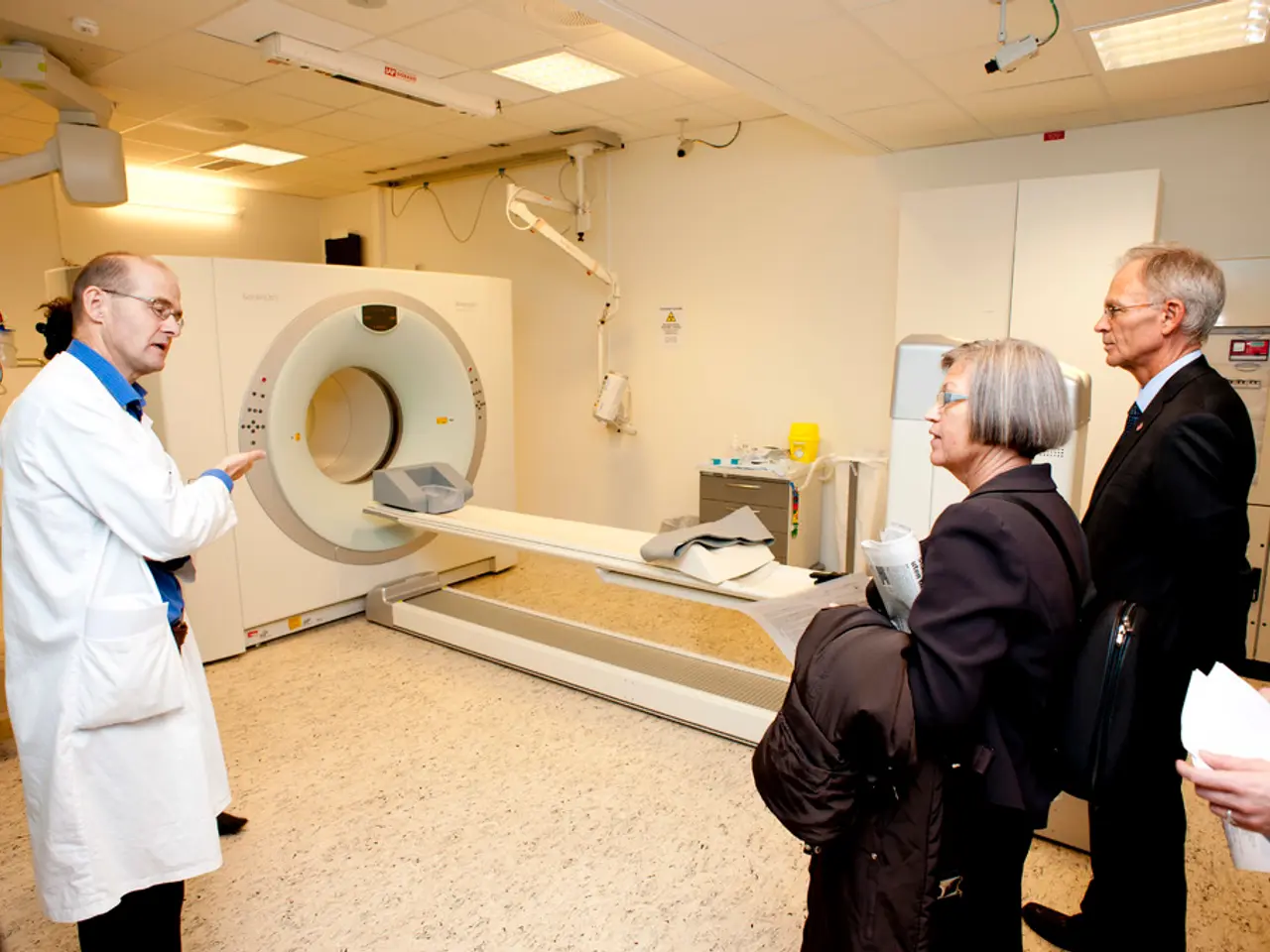Long-Term Advantage of Green Card for Foreign Nurses: Exceptional Choice for Career Stability
The United States is currently facing a significant nursing workforce shortage, particularly in rural areas. To address this gap, retaining foreign nurses is crucial, and helping them navigate the complexities of housing licensing, credentialing, and other requirements can make their stay in the U.S. more pleasant.
The process for foreign nurses to obtain a U.S. green card typically involves the EB-3 employment-based immigrant visa category, which is commonly used for skilled workers such as nurses.
Key Requirements ----------------
The journey towards a green card for foreign nurses is a multi-step process with several essential requirements. Nurses must have proper documentation, including appropriate credential evaluation and licensing, and must pass the NCLEX-RN exam to practice nursing in the U.S. They also require sponsorship from a U.S. healthcare employer, confirmation that there are no qualified U.S. workers available for the position (labor certification), and a full-time employment offer in a specialty or primary care institution.
Main Steps ----------
1. **Obtain Job Offer and Employer Sponsorship:** The U.S. employer files a labor certification application with the Department of Labor to confirm no qualified U.S. worker is available for the role. 2. **File Form I-140 (Immigrant Petition for Alien Worker):** Once labor certification is approved, the employer files Form I-140 with USCIS. 3. **Wait for Priority Date:** The nurse must wait until their priority date is current based on visa bulletin availability. 4. **Green Card Application:** If the nurse is already in the U.S. under a valid nonimmigrant visa (e.g., H-1B), they can file Adjustment of Status (Form I-485) directly. If outside the U.S., the nurse must undergo Consular Processing through the National Visa Center and a U.S. consulate or embassy in their home country.
Additional Considerations --------------------------
Nurses may face longer processing times and retrogression due to visa backlogs. However, higher qualifications such as a Bachelor of Science in Nursing (BSN) or Master of Science in Nursing (MSN) can improve chances. Some recent U.S. policies prioritize healthcare workers in critical shortage areas, which might affect visa availability and processing times.
An ideal green card option for medical practitioners, including nurses, is the National Interest Waiver (NIW). To qualify for NIW, a nurse must have a document from a state health department or federal agency attesting to her work being in the public interest, have a full-time job in an underserved region, and have worked in an underserved area for at least two years before applying.
Certain healthcare positions, including physical therapists and registered nurses, are pre-certified under Schedule A, expediting the hiring process and eliminating the need for standard labor certification (PERM).
There are two main visa options for recruiting foreign nurses: temporary work visas for nonimmigrants and immigrant visas (green cards) for permanent residence. Evidence of a nurse's qualification and a prevailing wage determination are necessary for the application process.
In summary, obtaining a green card for foreign nurses is a complex process requiring employer sponsorship, credential validation, visa petition filing, and either adjustment of status or consular processing. It provides long-term employment stability and permanent residency benefits. Employers often prefer green cards due to their stability and long-term benefits, as temporary work visas offer limited renewal options. Finding the right consultant or attorney is important to ensure compliance with legislation and expedite the process.
[1] U.S. Citizenship and Immigration Services (USCIS). (n.d.). Adjustment of Status (Form I-485). Retrieved from https://www.uscis.gov/i-485
[2] U.S. Department of State. (n.d.). Consular Processing. Retrieved from https://travel.state.gov/content/travel/en/legal/visa-law0/visa-bulletin/2021/visa-bulletin-for-april-2021.html
[3] U.S. Citizenship and Immigration Services (USCIS). (n.d.). National Interest Waiver (NIW). Retrieved from https://www.uscis.gov/e-verify/employers/permanent-labor-certification/niw
[4] U.S. Department of Labor. (n.d.). Schedule A. Retrieved from https://www.foreignlaborcert.doleta.gov/scheduleA.cfm
[5] National Academy of Medicine. (2020). Addressing the Nurse Workforce Crisis: A Call to Action. Retrieved from https://nam.edu/wp-content/uploads/2020/04/Addressing-the-Nurse-Workforce-Crisis-A-Call-to-Action.pdf
- To further ensure their well-being while promoting the growth and success of the health-and-wellness sector in rural areas, offering guidance for foreign nurses to navigate the complexities of pursuing science-related roles such as nursing, and obtaining appropriate credentials, licenses, and green cards in the United States can be of significant importance.
- In the pursuit of fostering advancements in the science and health-and-wellness field, particularly in the U.S.'s critical shortage areas, understanding the intricate multistep process for foreign nurses, from credential validation to securing a green card, can potentially aid in the overall recruitment and retention of competent professionals, thereby strategically addressing the current nursing workforce shortage.




